The aesthetic medicine industry is growing rapidly, and striking a balance between “professionalism” and “commercialisation” has long been a topic of public concern. In this fast-growing market, many clinics turn to glamorous marketing campaigns, social media buzz, and advertising strategies to attract attention. Yet these approaches are often superficial, sometimes giving rise to the misconception that aesthetic medicine is merely a “consumer industry,” overlooking its responsibility and professional foundation.
Amidst this environment, some choose a slower, steadier path, prioritising rigorous medical discipline, over a decade of dedicated research, and an unwavering commitment to the physician’s mission. Dr. Kuang-Cheng Chang, CEO of Renew Clinic, exemplifies this dedication.
In an interview with the global entrepreneurial media 《The Icons》, Dr. Chang described how he has remained true to his principles in aesthetic medicine, even when facing doubt, by returning to the core mission of a physician. His journey reflects his family background, the perfectionism ingrained in his character, and over a decade of practice and teaching. It illustrates how “professionalism” and “character” intertwine, ultimately setting a benchmark of trust for patients and peers alike.
“To do justice to every scar is the true meaning of being a doctor. This is not just a phrase but a promise to patients, as well as the strictest test of a physician’s own professionalism. I believe that only by keeping this mindset in every procedure can aesthetic medicine rise above the trappings of commercialisation, return to its medical essence, and become a value genuinely worthy of trust.”
A Rigorous Upbringing Shaped by a Scholarly Family
Dr Kuang-Cheng Chang, CEO of Renew Clinic, grew up in a quintessential intellectual household, where both parents were educators who eventually rose to the position of headteachers. At first glance, this background seems far removed from his later path in aesthetic medicine, yet it profoundly shaped the discipline and mindset with which he approaches both knowledge and professionalism.
“We never watched television at home. Evenings were devoted to reading or studying,” Dr Chang recalls. Unlike many children of his generation who would rush home to catch their favourite programmes, his childhood was steeped in books. Most influential of all were the examples set by his parents.
“I realised early on that my parents’ achievements in their careers did not come through connections, but countless notes, repeated examinations, and a relentless pursuit of learning. From them I learnt one of life’s most important truths – that knowledge can change destiny.”
Both his parents came from humble beginnings and overcame early hardships through persistence and determination. They passed on the same high expectations to their children. “My mother was extremely strict about my studies. I was often required to memorise entire texts or solve endless exercises. My father, on the other hand, led by example – many nights I would see him bent over his desk, still studying by lamplight.” This blend of strict discipline and quiet devotion may have felt like pressure at the time, but later became the foundation of Dr Chang’s self-discipline and exacting standards.
He often mentions his parents’ words of advice in his public talks: “They always told me that what lies within is far more important than what is seen on the outside.” In a society often driven by appearances and surface impressions, this value took deep root in him. “Some may argue this contradicts the nature of the aesthetic industry, but I see it differently. Aesthetic medicine is not about superficial enhancement; it is about helping patients rebuild confidence and achieve harmony between inner self and outward appearance. Perhaps it was this very tension that instilled in me a profound determination to always do my best.”
The Only Standard Is to Be the Best
Meticulous, precise, and relentless in his pursuit of perfection – what others may simply regard as personality traits, Dr Kuang-Cheng Chang has transformed into a defining ethos that permeates both his life and work. Nothing is left to chance. From the way his desk is arranged to the organisation of patient records, every detail must be impeccable. Once this discipline is brought into the operating theatre, it becomes the patient’s greatest assurance.
“I feel unsettled if I don’t do my very best,” Dr Chang admits. Even when a patient has only paid for a basic treatment, he finds himself compelled to refine and enhance the outcome until it reaches a standard he considers complete. Such persistence often leaves his team half amused, half exasperated – resulting in longer operating times, higher material costs, and more complex aftercare. Yet for Dr Chang, money and time are never the primary considerations. What matters most is a simple but unyielding principle: to be worthy of every incision.
For him, this represents not only the baseline of professionalism but also a test of personal integrity. “If I make a cut, there must be a sufficient reason. The reconstruction has to be properly achieved, otherwise I would rather not do it at all. For patients, the greatest cost is not money but an ineffective result.” He acknowledges that colleagues often caution him against being “too uncompromising”, reminding him that services should align with the fees charged and warning that “over-delivering” makes the business difficult to run. But he always shakes his head in response: “I cannot simply ignore a problem that is right in front of me. That is not my way. A doctor’s responsibility is not to calculate costs, but to honour the trust placed in us by patients.”
Within the aesthetics industry, there is no shortage of shortcuts or “cosmetic procedures” disguised in glossy language. Dr Chang does not hesitate to criticise these practices. “Some perform a token incision, stitch it superficially, and dress it up with elaborate terminology, claiming it to be advanced surgery. But when time passes, the flaws inevitably reveal themselves. Such operations are not only valueless, they are a betrayal of the patient.”
It is precisely because of this that he insists on pursuing excellence in every procedure. “I can accept working slowly, but I cannot accept leaving a job incomplete.”
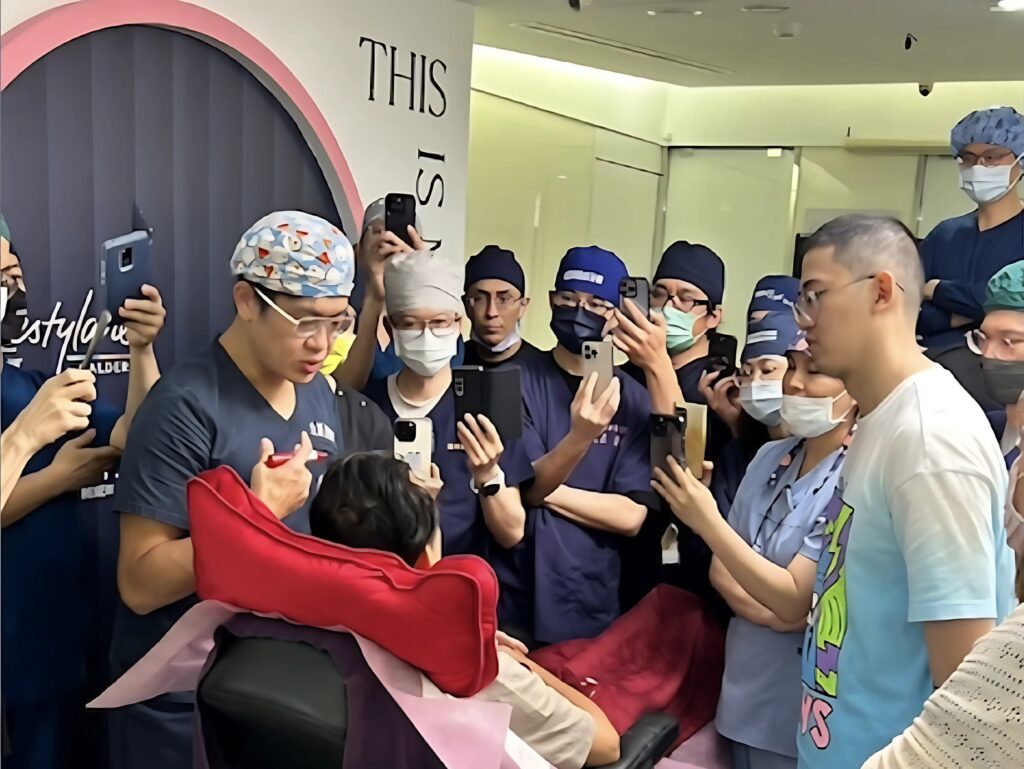
Updating and Upgrading Are the Keys to Survival
In an era where the aesthetics industry is rapidly expanding, marketing slogans and glamorous packaging have almost become the norm. Many clinics, eager to attract clients, resort to exaggerated advertising and lavish promises, with some even placing medical ethics in a secondary position. Dr Kuang-Cheng Chang speaks candidly about this trend, stressing that such a climate has led aesthetic medicine to drift from its essence, losing the professional foundation of healthcare. Unlike many peers who chase advertising traffic and social media followers, he has chosen to devote more of his time to research.
For more than a decade, he has led an international study group of doctors. What began with only a handful of colleagues has now grown to include more than two hundred physicians from Taiwan, mainland China, Hong Kong, Singapore and Japan. Together, they have reviewed over two thousand international papers and more than twenty substantial textbooks.
“What I pursue are results that can be validated on the operating table. From my days as a medical student, this has always been my approach. A thorough understanding of every ligament and each layer of facial fat constitutes the most fundamental and essential work. I hope more doctors will follow this path, using study groups to hold one another accountable and to learn continuously. Only then can we all continue to progress.”
This persistence has earned him the nickname “Taiwan’s Aesthetic Medicine Dictionary”. He firmly believes that professionalism must be grounded in evidence, and in the face of endless advertising battles in the field, he remains confident that true expertise is the only moat that can outlast fleeting marketing.
Dr Chang has also encountered scepticism. When presenting his research at medical conferences, some colleagues teased him, while others even advised, “Why share what you know? Keep it for yourself and maintain your edge.” His response was clear:
“Perhaps it is the influence of my father. Since I enjoy scholarship, I must also enjoy teaching. This habit has given me even more in return, because it compels me to keep learning. My study group is simply a format, but what I always share with my colleagues is that medicine is a profession that never stands still. We must constantly update ourselves and elevate our standards if we wish to avoid being left behind.”
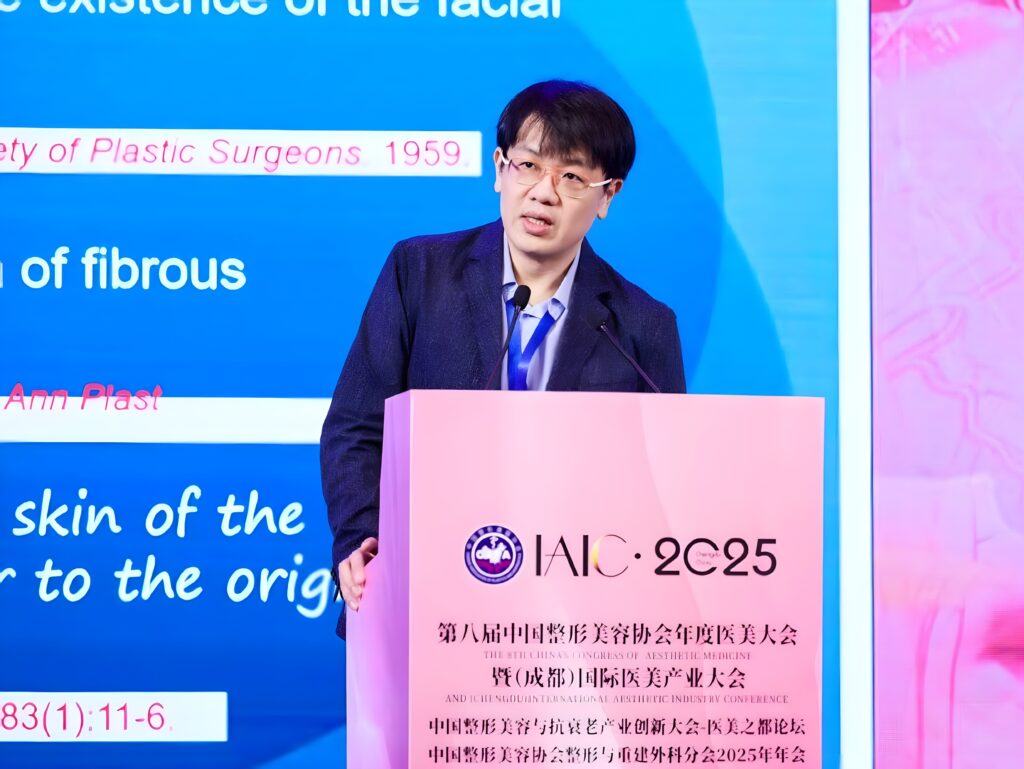
Upholding Professionalism Amid Doubts
Aesthetic medicine is inherently subjective. No matter how carefully a surgeon plans and executes a procedure, outcomes may still be judged through the lens of patient expectations or disappointment. Dr Kuang-Cheng Chang acknowledges this reality: “The more cases one undertakes, the more criticism one will inevitably encounter. Even with countless successful cases, subjective judgement and complaints will always persist.”
For Dr. Chang, criticism is not a threat but an opportunity to reaffirm professionalism. “When a patient questions you, it is precisely the moment to prove your expertise again,” he explained. Real trust, he believes, is not built through algorithms, marketing, or comforting words, but through the physician’s character and professional integrity.
At Renew Clinic, he has created a culture of rigor and transparency. When patients express dissatisfaction or confusion after surgery, his team is instructed to face the issue directly—not gloss it over, and not shift responsibility. “You must be honest with the patient about what happened and resolve it professionally. Only then will they truly trust you.” This demanding standard puts pressure on doctors and staff, but over time it has brought together a team committed to restoring aesthetic medicine to its true medical essence.
The same spirit applies in surgery. “Tissue must be repositioned, ligaments must be addressed, and patients must receive treatments that deliver real results,” Dr. Chang insisted. This approach often requires more time, resources, and effort, yet he considers it the only way to truly honor the trust placed in him.
Reflecting on his philosophy, Dr. Chang shared, “Some patients may not understand why I spend so much time on a procedure that seems simple. But to me, every incision carries responsibility for a person’s life story. If I were to settle for superficial results, I would rather not perform the surgery at all. That would betray the very essence of being a doctor.”
Through this uncompromising mindset, Dr. Chang has turned doubt into trust, with his steadfast professionalism becoming the strongest bond between him and his patients.
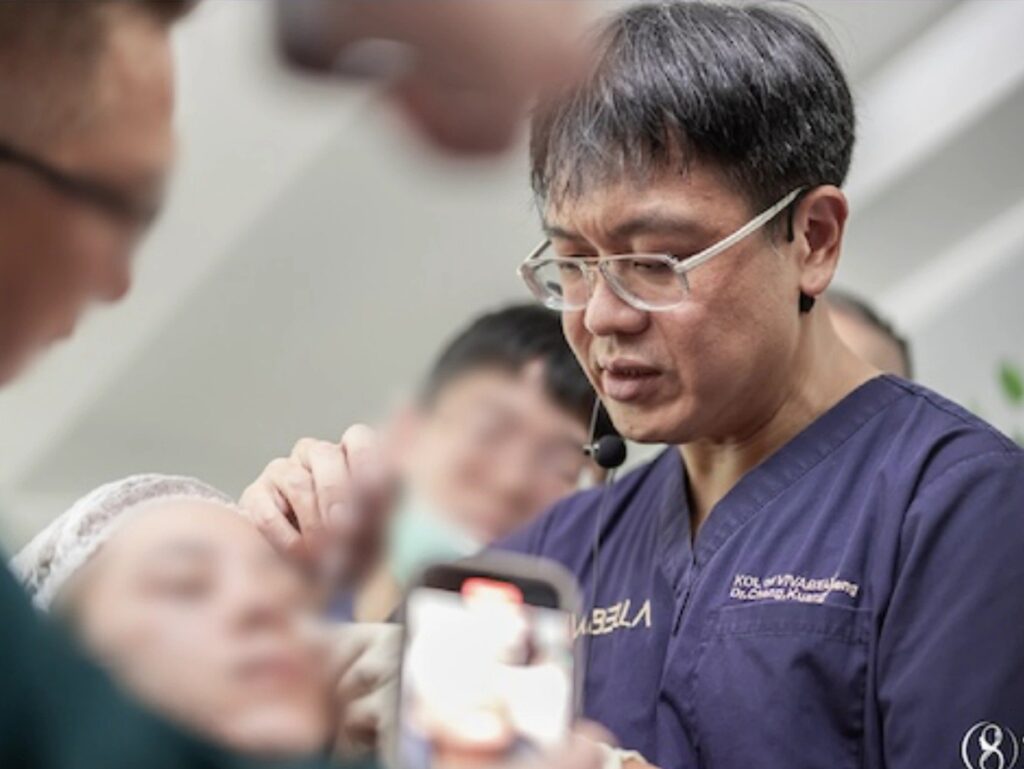
Aesthetic Medicine Must Speak with Evidence, Not Rhetoric
In the highly competitive field of aesthetic medicine, where diverse business models coexist, Dr Kuang-Cheng Chang has consistently upheld professionalism and integrity. For him, what truly endures is never a catchy slogan or an over-edited image, but the physician’s character and professional attitude.
“Rhetoric may attract attention briefly, but only professionalism earns enduring trust.” This is a conviction that Dr. Chang has repeatedly proven through more than a decade of clinical practice and research. While patients may be swayed briefly by words, true reputation arises from results that endure for years and the confidence patients regain when they look in the mirror.
At the heart of his philosophy lies the spirit of evidence-based medicine. Dr. Chang insists that every surgical plan and every procedural detail must be grounded in clinical data or anatomical research, rather than relying solely on experience or market claims. “Medicine must be built on evidence. Only then can you convince yourself—and truly be accountable to your patients.” This is why he dedicates countless hours to research and study, leading international study groups to keep knowledge continually updated and applied.
Through this belief, Dr. Chang defines himself as a “practitioner of medical integrity.” To him, a doctor is not merely a provider of technical services but also a guardian of trust. This is why he continues to openly share his research findings and even hands over meticulously compiled surgical notes to younger physicians. He firmly believes that only by elevating professionalism collectively can the aesthetic medicine field move toward greater transparency and accountability.
“I hope this industry values truth over exaggeration. Marketing may create short-term attention, but without character and evidence, such efforts are soon forgotten. A physician who dedicates ten or twenty years to professionalism will be recognised by patients as truly trustworthy.”
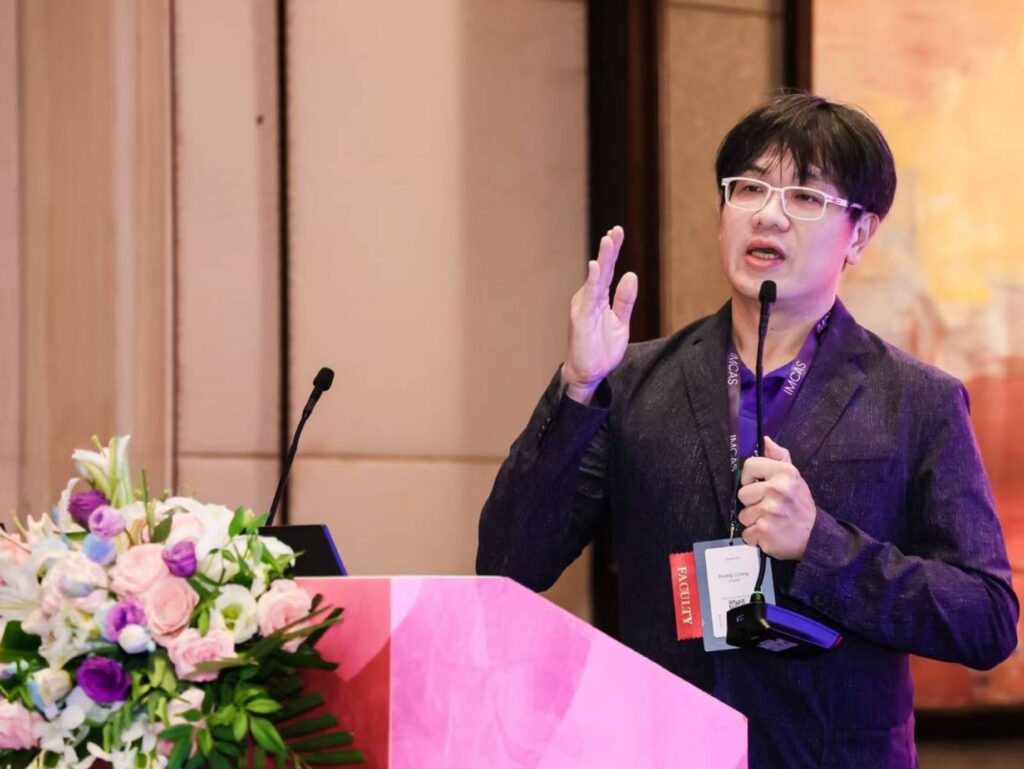
Dr. Kuang-Cheng Chang: Patients Entrust Me Not Just with Their Faces, but with Their Lives
For Dr. Kuang-Cheng Chang, CEO of Renew Clinic, aesthetic surgery is never just a medical procedure but a decision tied to identity, dignity, and the future. Each incision does more than alter appearance; it reshapes how a person engages with the world. Looks may fade with time, but the courage rediscovered in the mirror can endure for life.
“Aesthetic medicine is not a transaction, it is a commitment,” Dr. Chang explains. While the industry often follows trends and marketing, he measures success by a single standard: whether patients continue to value their decision years on.
He emphasizes that what patients entrust to him is not only their appearance but also their hopes for a new stage of life and the rebuilding of confidence. Every moment of focus in the operating room is both a technical duty and a response to that trust.
From this perspective, aesthetic medicine is not a shortcut to beauty but a shared promise between doctor and patient. Dr. Chang believes that only by upholding this standard can the field be seen as a respected branch of medicine rather than a passing trend.
“In my view, the true value of aesthetic medicine lies not in changing a face but in preserving confidence and dignity. That is why I remain steadfast.”
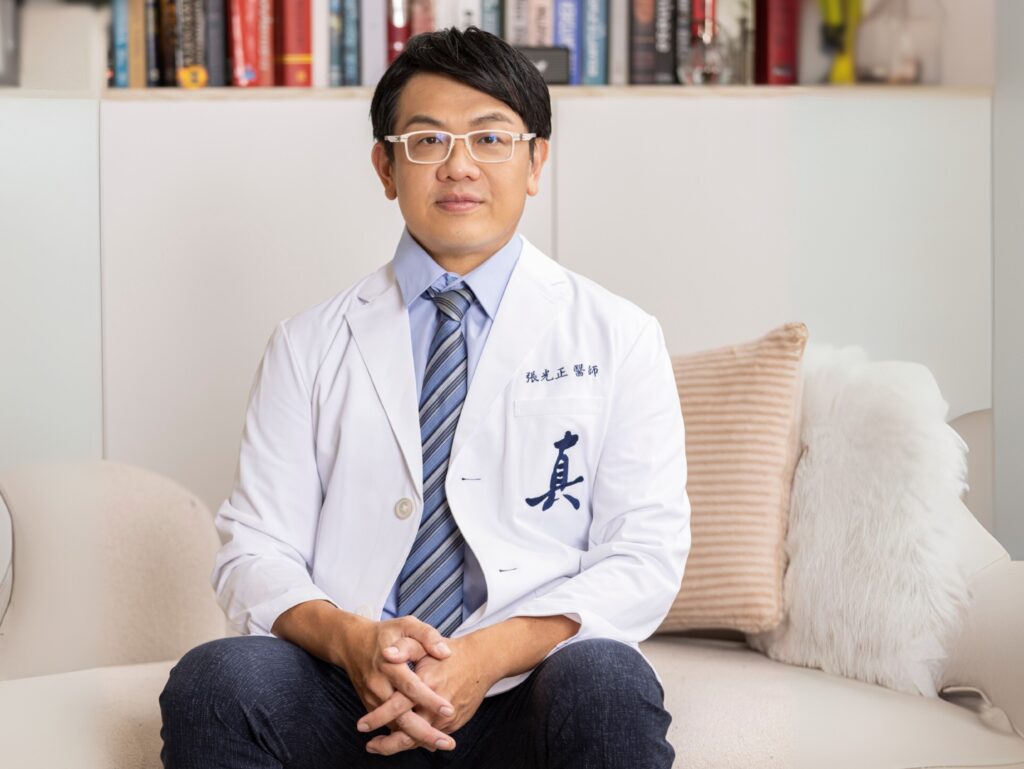
Recommend for more: